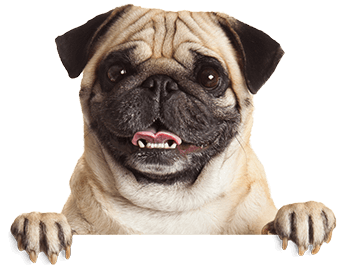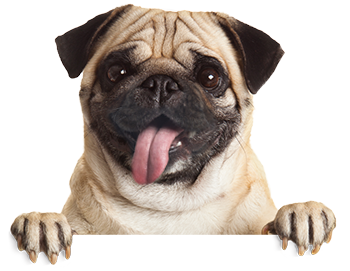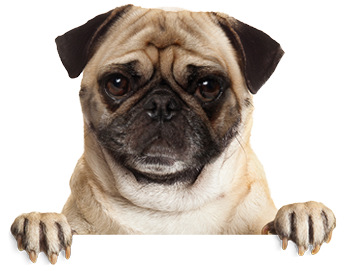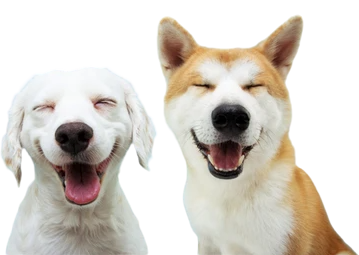Recognizing Anxiety in Exotic and Domestic Pets: Holistic Strategies
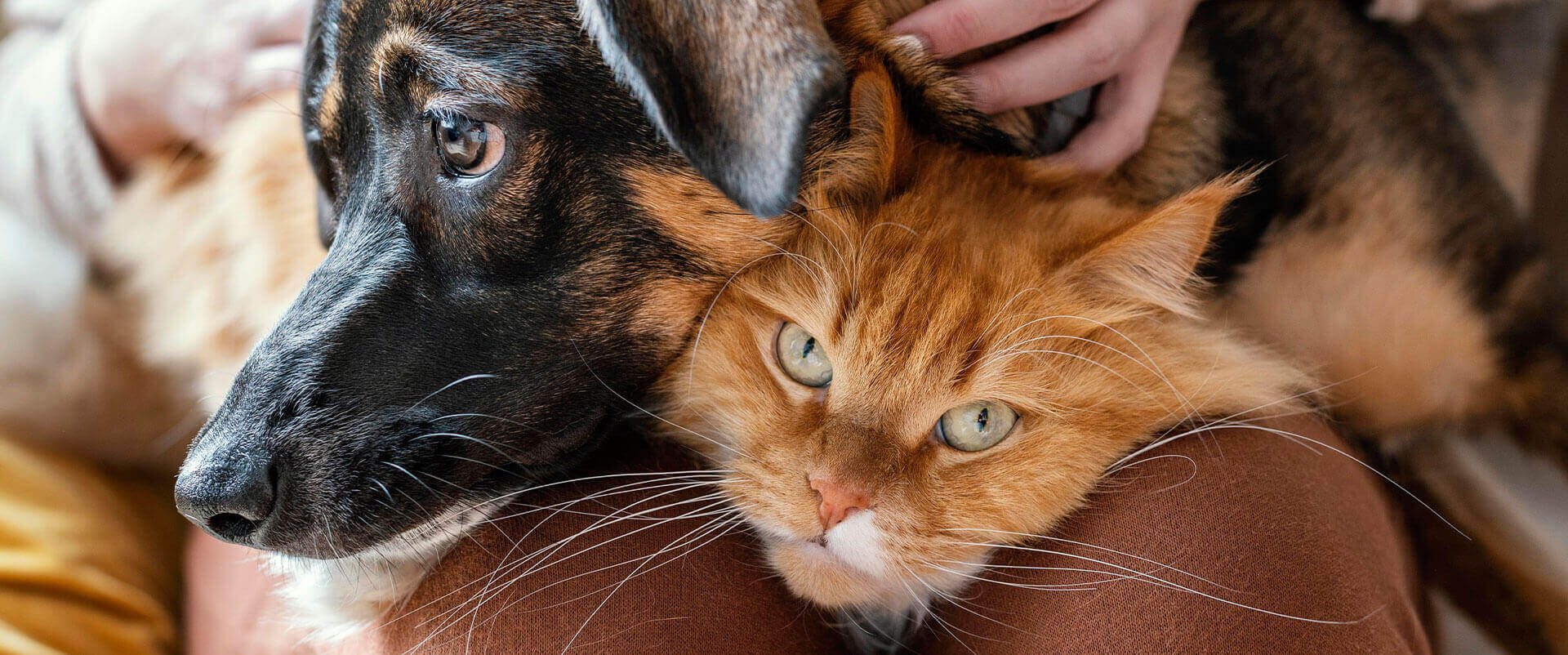

Recognizing Anxiety in Exotic and Domestic Pets: Holistic Strategies
Anxiety in pets is a challenge that affects families across Tinton Falls and surrounding communities, leaving many pet owners searching for answers about their animal’s well-being. Whether you share your home with a playful spaniel, a dignified cat, or an exotic companion such as a parrot or rabbit, understanding how stress and anxiety manifest in different species is essential for fostering a peaceful household. At Prism Vet Health, located at 33 Newman Springs Road, Tinton Falls, NJ 07724, our team of veterinarians embraces a unique, integrative approach—blending conventional diagnostics with natural therapies like acupuncture, herbal support, and nutritional guidance—to help restore emotional balance for both domestic and exotic pets.
In this comprehensive guide, you’ll learn how to recognize subtle and overt pet anxiety symptoms, discover what contributes to stress in different species, and explore holistic remedies for pet anxiety available right here in Tinton Falls. We’ll also discuss practical steps you can take at home, as well as when it’s time to schedule an appointment with your local veterinary professionals for advanced support. If you’re searching for a “vet near me” who understands both traditional and holistic care, you’ll find that Prism Vet Health offers both the expertise and compassion your pet deserves. For those interested in how integrative diagnostics can uncover the root of your pet’s distress, our holistic veterinary medicine services provide a foundation for whole-pet wellness.
Understanding Pet Anxiety Symptoms in Domestic and Exotic Animals
Recognizing Subtle and Overt Signs
Anxiety in pets can appear in a variety of ways, often depending on the species, breed, and individual temperament. While some domestic pets like dogs may show obvious signs of distress, exotic animals such as reptiles or birds tend to mask discomfort until symptoms become severe. Key anxiety indicators in dogs and cats include behaviors such as pacing, shaking, excessive vocalization, grooming or licking themselves more than usual, and changes in appetite or sleep patterns. Cats may also isolate themselves or begin urinating outside the litter box.
For exotic pets, anxiety symptoms can be more nuanced. Birds may feather-pluck, vocalize excessively, or become withdrawn. Small mammals might hide, bite, or show changes in eating habits. Reptiles could refuse food or remain unusually still for long periods. Other signs to watch for are subtle changes in posture, increased aggression, or avoidance of human interaction. Pet owners in Tinton Falls who observe these behaviors should consider whether recent changes in the household, environment, or routine could be contributing factors.
How Anxiety Presents Differently in Exotic Species
Exotic pets require an especially attentive eye, as their stress responses are often less familiar to most families. For example, a rabbit that suddenly stops using its litter box or a bearded dragon that becomes lethargic may be signaling distress. Birds are particularly sensitive to changes in their surroundings and may exhibit anxiety through changes in vocalization or by damaging their own feathers. Understanding these unique pet anxiety symptoms is the first step toward seeking the right care from a veterinarian near me who is well-versed in exotic animal behavior.
Why Does Anxiety Occur? Common Causes for Domestic and Exotic Pets
Environmental and Social Triggers
Anxiety in pets stems from a complex interplay of environmental, genetic, and physiological factors. Common causes include sudden changes such as moving to a new home, welcoming a new family member, or experiencing loud noises like thunderstorms or fireworks. Social situations, such as being left alone for extended periods or meeting unfamiliar people or animals, can trigger stress in both domestic and exotic pets.
For exotics, factors like improper enclosure setup, lack of environmental enrichment, or disruptions in their daily routine can contribute significantly. For instance, a parrot without enough mental stimulation or a small mammal exposed to excessive noise may begin to exhibit anxiety-driven behaviors.
Medical and Physiological Contributors
Sometimes, underlying health conditions play a role in pet anxiety symptoms. Pain, hormonal imbalances, or chronic illnesses can manifest as behavioral changes. This is particularly true for senior pets or those with a history of medical issues. Integrative diagnostic approaches, such as those offered through our pet diagnostic lab services in Tinton Falls, help uncover any hidden medical problems that may be fueling your pet’s stress.
The Unique Needs of Exotic Pets
Exotic animals have specialized environmental and dietary needs. Inadequate humidity, improper temperature, or nutritional deficiencies can trigger anxiety-like symptoms in reptiles or amphibians. Birds are highly sensitive to household toxins, air quality, and social isolation, all of which can lead to behavioral disturbances. Recognizing these unique triggers is essential for pet owners seeking veterinary services near me that address the full spectrum of their pet’s health.
Holistic Remedies for Pet Anxiety: Natural Options at Prism Vet Health
Integrative Approaches for Emotional Wellness
At Prism Vet Health, we believe that managing anxiety requires a holistic view—considering not only your pet’s physical health but also their emotional and environmental needs. Treatment options involve a combination of conventional strategies and natural therapies, tailored to your pet’s species and unique situation. Our veterinarians may recommend adjustments to your pet’s daily routine, creating a safe and stable environment, and incorporating calming enrichment activities.
For pets displaying significant anxiety, integrative therapies such as acupuncture can help restore balance to the nervous system, supporting emotional calm. Acupuncture is well tolerated by both domestic and exotic pets and is used to help regulate stress responses, improve sleep, and enhance overall well-being. Additionally, our herbs and dietary supplements offer gentle, natural support for anxiety management, with formulations selected specifically for your pet’s species, age, and health status.
Nutritional Support and Microbiome Balance
Nutrition plays a critical role in emotional health. Our integrative nutrition services focus on optimizing diet to support balanced behavior and reduce stress. Certain nutrients, such as omega-3 fatty acids and amino acids, are known to help regulate mood in pets. For some patients, microbiome restoration—balancing healthy gut bacteria—may also be recommended, as research continues to highlight the connection between digestive health and behavior.
Spinal Manipulation and Stress Response
For pets with anxiety linked to chronic pain or mobility issues, spinal manipulation offers a natural solution that can enhance comfort and promote relaxation. Our veterinarians use gentle techniques to address misalignments that may be contributing to stress, supporting both physical and emotional recovery.
Prevention and Home Care: Practical Steps for Calmer Pets
Creating a Calming Environment
Pet owners can take several proactive steps at home to minimize anxiety triggers and support a harmonious environment. Steps include establishing reliable daily routines, providing safe spaces for pets to retreat, and using species-appropriate enrichment toys or activities to keep pets mentally stimulated. For exotic pets, ensuring that enclosures are set up to meet their unique needs—such as correct lighting, temperature, and hiding areas—can make a significant difference.
Mindful Interaction and Training
Positive reinforcement training helps build your pet’s confidence and creates a predictable environment, reducing fear and stress. Gradual desensitization to anxiety triggers, such as loud noises or unfamiliar people, can also help pets feel more secure over time. For families in Tinton Falls, working closely with a veterinarian near me who understands holistic remedies for pet anxiety will ensure your approach is both safe and effective.
Monitoring and Ongoing Communication
Keep a journal of your pet’s behavior, noting any changes or potential triggers. This information can be invaluable during your next comprehensive pet exam, allowing our veterinary team to tailor recommendations specifically for your pet’s needs.
When to Seek Professional Veterinary Care for Pet Anxiety
Recognizing When Home Care Isn’t Enough
While many mild anxiety symptoms can be managed with home care and environmental adjustments, persistent or severe anxiety warrants professional attention. Signs that it’s time to schedule an appointment with your veterinarian include behaviors that escalate or do not improve with at-home strategies, self-harm such as excessive licking or feather plucking, loss of appetite, or any sudden changes in behavior. For exotic pets, refusal to eat, prolonged hiding, or changes in appearance should always be addressed promptly, as these species tend to mask illness until it becomes advanced.
Your veterinarian in Tinton Falls can perform a thorough examination, recommend appropriate diagnostics, and create a tailored treatment plan that may involve acupuncture, herbal therapy, nutritional adjustments, or other holistic remedies for pet anxiety. By partnering with a quality vet near me who values both conventional and natural therapies, you ensure that your pet receives the most comprehensive care available.
Take the Next Step: Holistic Relief for Pet Anxiety in Tinton Falls
Pet anxiety can feel overwhelming, but with the right guidance and integrative support, your pet can regain comfort and confidence—whether they are a cherished cat, loyal dog, or unique exotic companion. At Prism Vet Health, our veterinary professionals are committed to helping pets in Tinton Falls and surrounding communities experience the benefits of holistic remedies for pet anxiety, all under the care of a compassionate and knowledgeable team.
If you have noticed pet anxiety symptoms or you’re searching for the best veterinarian near me who offers both preventive care and advanced holistic strategies, we invite you to schedule an appointment with us. Our team is ready to provide a comprehensive wellness assessment, discuss your concerns, and develop a customized plan for your pet’s emotional and physical health.
For more information about our holistic medicine approach or to book your next visit, call (732) 487-3545 or explore our primary care exams for pets page. Your pet’s journey to well-being begins with a single step—let’s take it together, right here in Tinton Falls.
This blog is intended for informational purposes only and should not be used as a substitute for professional veterinary advice. If you are concerned about your pet’s health or behavior, please contact your veterinarian directly.





